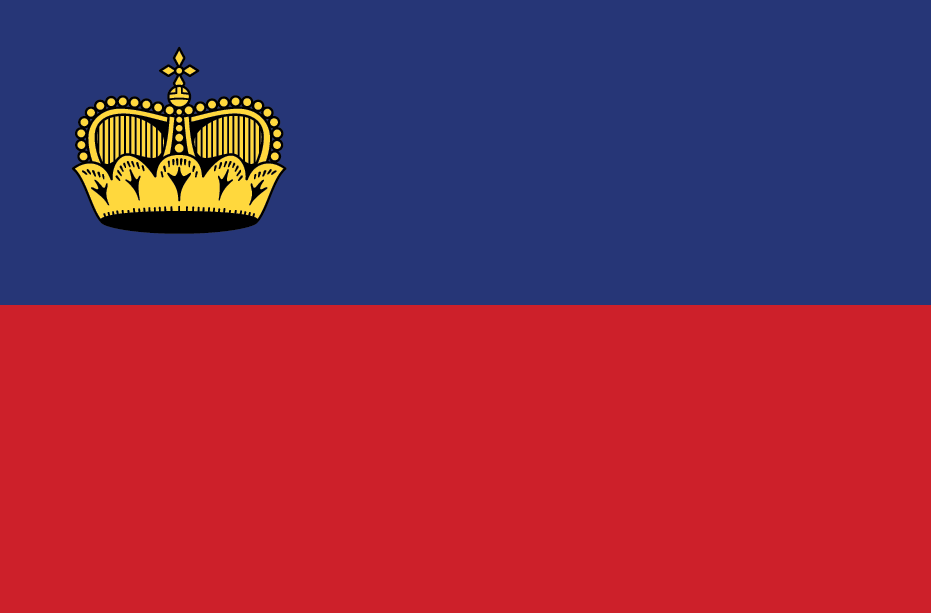
Sustainability Efforts
Country: Liechtenstein
Explore sustainability efforts in Liechtenstein. The United States Environmental Protection Agency (“EPA”) said it well when they state:
“Sustainability is based on a simple principle: Everything that we need for our survival and well-being depends, either directly or indirectly, on our natural environment. To pursue sustainability is to create and maintain the conditions under which humans and nature can exist in productive harmony to support present and future generations.”
About Liechtenstein
Liechtenstein, a small landlocked country in Central Europe, is known for its stunning alpine landscapes, medieval castles, and high standard of living. It offers attractions like the capital city of Vaduz, Vaduz Castle, and the scenic Malbun ski resort. Liechtenstein’s natural beauty includes majestic mountains, picturesque valleys, and pristine lakes, providing opportunities for hiking, skiing, and outdoor activities. The country’s cultural scene thrives with its art galleries, museums, and music festivals. Liechtenstein’s cuisine features dishes like käseknöpfle and rösti. With its small size and natural charm, Liechtenstein offers a tranquil retreat for nature lovers and a glimpse into the principality’s rich history and culture. Sustainability efforts in Liechtenstein will enhance the country’s future.
Sustainability Efforts
Toggle each button below to “open” and “close” the presented data.

Liechtenstein has a relatively low poverty rate due to its strong economy and social welfare system. The government provides various forms of social assistance and support to vulnerable individuals and families.

Hunger is not a significant issue in Liechtenstein due to its high standard of living and food security. The country has a well-developed agricultural sector and imports a diverse range of food products to meet the population's needs.

Liechtenstein has a high-quality healthcare system that provides comprehensive coverage to its residents. The government invests in healthcare infrastructure, medical research, and public health initiatives.

Education is highly valued in Liechtenstein, and the government places a strong emphasis on providing quality education. The country has a well-developed education system that includes public and private schools, vocational training, and higher education institutions. The government invests in educational resources, curriculum development, and teacher training.

Liechtenstein is committed to promoting gender equality and has implemented laws and policies to ensure equal opportunities for all. Efforts have been made to increase women's participation in decision-making positions and eliminate gender-based discrimination.

Liechtenstein has well-developed water and sanitation infrastructure, ensuring access to clean and safe water for its population. The government implements regulations to maintain water quality and protect water resources. Efforts are made to ensure proper wastewater treatment and promote sustainable water management practices.

Liechtenstein is committed to promoting affordable and clean energy sources. The government encourages the use of renewable energy and energy-efficient technologies. While Liechtenstein is a small country with limited energy resources, it strives to reduce its carbon footprint and contribute to global efforts to combat climate change.

Liechtenstein has a prosperous economy with a strong focus on financial services, manufacturing, and tourism. The government promotes a favorable business environment, innovation, and entrepreneurship to foster economic growth.

Liechtenstein encourages industry innovation through research and development initiatives, collaboration between academia and industry, and support for start-ups and small businesses. The country has a strong tradition of technological advancement and precision manufacturing.

Liechtenstein strives to reduce inequalities and ensure social inclusion. The government provides social assistance programs, promotes equal opportunities in education and employment, and supports initiatives to empower disadvantaged groups. Efforts are made to address income disparities and promote social mobility.

Liechtenstein aims to promote sustainable urban development. The government encourages environmentally friendly practices in urban planning, transportation, waste management, and energy use. Efforts are made to create green spaces, preserve natural areas, and promote sustainable infrastructure.

Liechtenstein promotes responsible consumption and production patterns. The government encourages waste reduction, recycling, and sustainable resource management. Efforts are made to raise awareness about sustainable consumption habits and promote eco-friendly production practices.

Liechtenstein is committed to climate action and reducing greenhouse gas emissions. The government has set targets for renewable energy production, energy efficiency, and climate adaptation. Liechtenstein actively participates in international climate agreements and supports initiatives to address climate change.

Liechtenstein is a landlocked country and does not have a significant aquatic environment. Therefore, specific statistics on the state of the aquatic environment in Liechtenstein may not be applicable.

Although Liechtenstein is a small country, it places great importance on preserving its natural environment. The government has established protected areas and nature reserves to safeguard biodiversity and ecosystems. Efforts are made to promote sustainable land use practices, protect endangered species, and restore and maintain the health of natural habitats. Liechtenstein actively cooperates with international organizations and participates in global initiatives to address environmental challenges.

Liechtenstein has a stable political environment and a strong commitment to peace and justice. The country has a well-functioning legal system that upholds the rule of law and protects human rights. Liechtenstein actively supports international peace initiatives and contributes to the work of international organizations dedicated to peacebuilding, conflict resolution, and justice.

Liechtenstein actively participates in partnerships and collaborations to achieve the Sustainable Development Goals (SDGs). The country works with international organizations, civil society, and other stakeholders to implement strategies for sustainable development. Liechtenstein provides financial support, technical expertise, and knowledge sharing to support initiatives that align with the SDGs.



